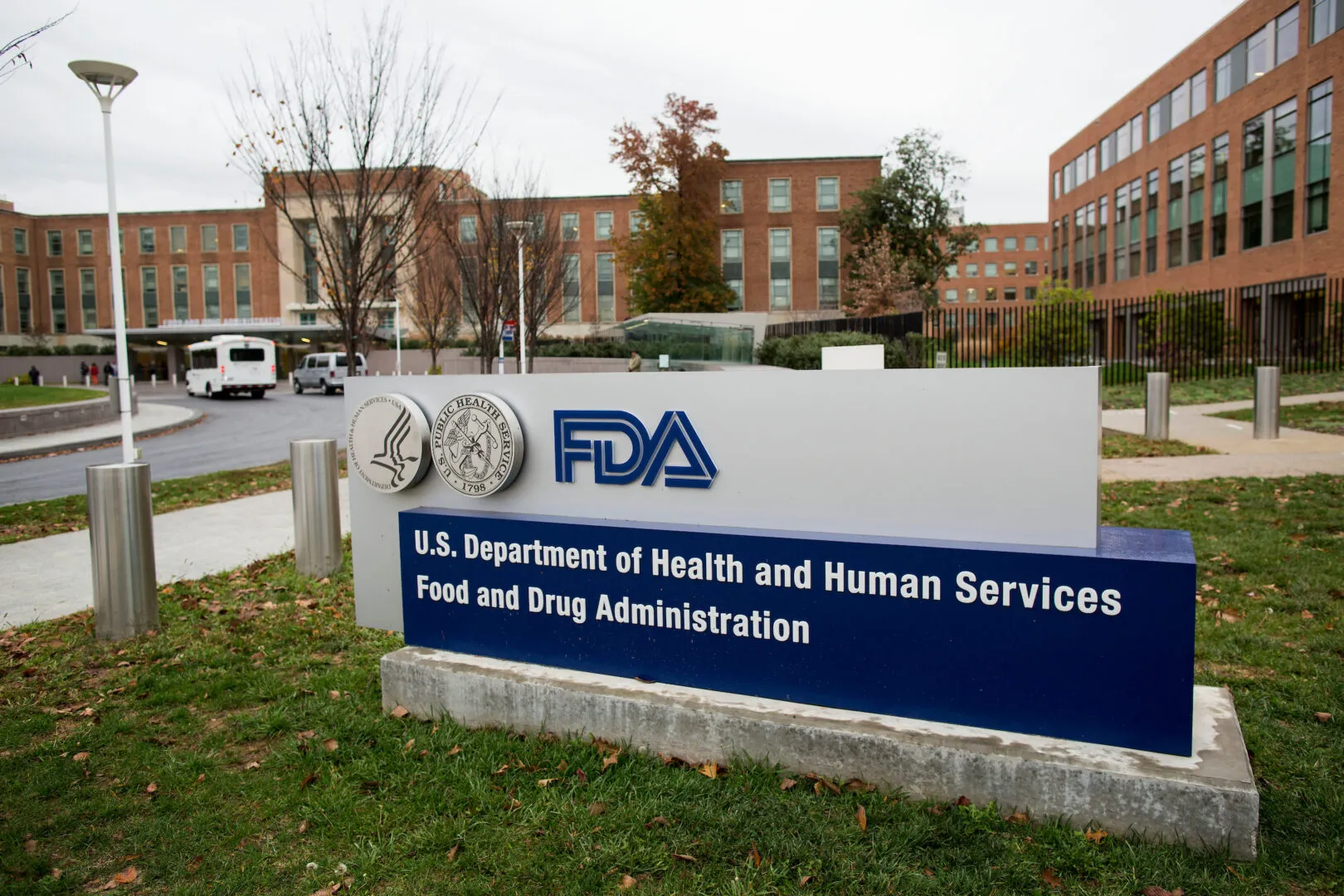FDA Rejects MDMA for PTSD Treatment: Implications and Future Directions

FDA's Decision Overview
The Food and Drug Administration has declined to approve MDMA as the first psychedelic drug intended for treating post-traumatic stress disorder (PTSD). This decision has raised significant concerns and discussions in the health community.
Implications for Patients and Research
The rejection of MDMA puts a spotlight on the future of psychedelic therapy. Researchers are now faced with the challenge of navigating the regulatory landscape while seeking alternatives for effective PTSD treatments. This decision could impact patient access to promising therapies and influence funding for ongoing studies.
Conclusion
- FDA's rejection may limit current options for patients suffering from PTSD.
- Research into psychedelic treatments will likely continue but with more obstacles.
- Advocates for mental health treatment must adapt to this regulatory environment.
This article was prepared using information from open sources in accordance with the principles of Ethical Policy. The editorial team is not responsible for absolute accuracy, as it relies on data from the sources referenced.